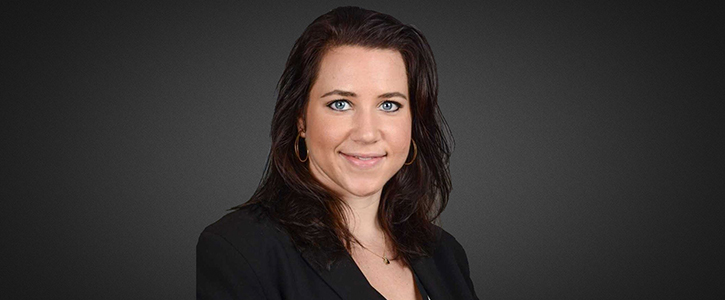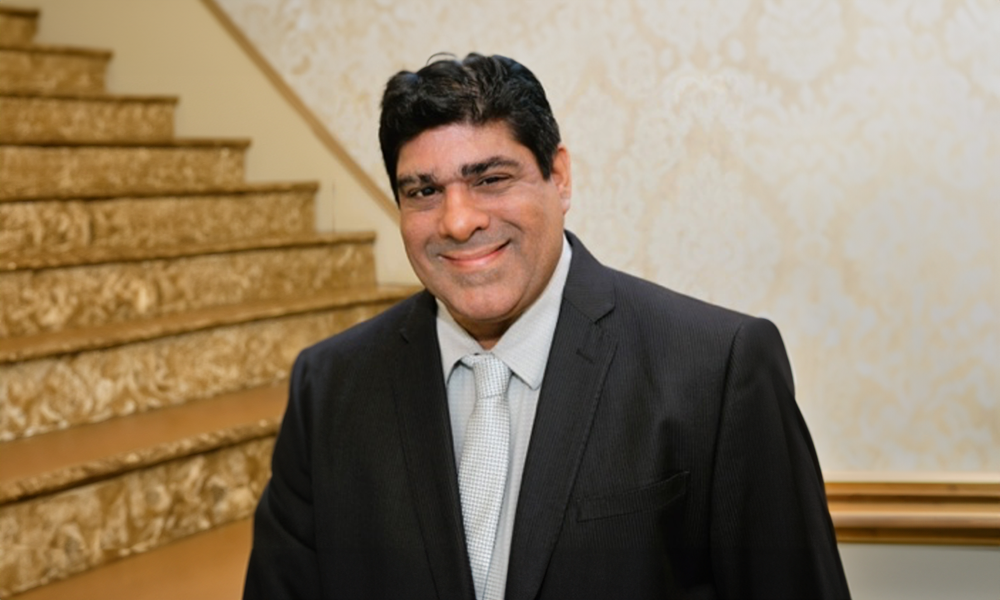Western New England University School of Law Dean Sudha Setty welcomes Ariel Clemmer as the new Director of the Center for Social Justice. Clemmer has previously taught Law and Social Change as an adjunct faculty member at WNE School of Law.
Clemmer serves on both the Massachusetts Supreme Judicial Court Standing Committee on Pro Bono Legal Services and as Co-Chair of the Massachusetts Access to Justice Commission Consumer Debt Working Group Subcommittee. She recently received the 2020 Excellence in the Law Award in the category of Excellence in Pro Bono, presented by Massachusetts Lawyers Weekly.
"I am excited to capitalize on the commitment and talent of the School of Law faculty and administrators," said Clemmer, "and to ensure the Center serves a multidimensional vision by expanding academic offerings, engaging students more robustly, supporting the faculty's cutting-edge social justice work, and collaborating with community organizations and partners to identify and address unmet needs that cut across law and other fields. The Center will also support the School of Law's efforts to diversify the legal profession and support pipeline efforts for students who are traditionally unrepresented in the field of law."
Dean Setty added, "We are delighted to welcome Ariel to the School of Law community. Her accomplishments in creating and sustaining initiatives that speak to the Center’s mission, her deep commitment to working with and for the communities in this region, as well as her dedication to fostering and supporting student and faculty work in the area of social justice, make her a terrific director at this time when unmet legal needs have skyrocketed due to the effects of COVID-19."
Clemmer obtained her B.A. summa cum laude and Phi Beta Kappa from the University of Richmond in 2005, after which she worked as an elementary school teacher with Teach For America in New York City's Spanish Harlem neighborhood. Clemmer received her J.D. cum laude from Harvard Law School in 2010, where she was a member of the Civil Rights-Civil Liberties Law Review and the Harvard Defenders.
After graduation, she started her career as a public defender at the Bronx Defenders, representing low-income clients charged with misdemeanor and felony crimes. She then worked for the firm Weil, Gotshal & Manges, LLP, defending clients against security class actions and other complex financial matters, while continuing to develop her pro bono practice litigating matrimonial, civil, and criminal cases.
In 2014, Clemmer was selected by the partners at Weil, Gotshal & Manges to participate in a pro bono externship at Legal Services of New York City (LSNYC). Her excellent work there resulted in her being named one of the "Top 30 Pro Bono Attorneys of 2014" by LSNYC. Clemmer also began working with clients facing difficult divorce and custody matters, which led to her joining the boutique Manhattan firm, Donohoe Talbert, LLP, where she worked as a matrimonial and family-law associate from 2015 to 2017. She also served as an active member of LSNYC’s Pro Bono Associate Advisory Board.
Most recently, Clemmer was the pro bono director at the Hampden County Bar Association where she managed all aspects of the organization’s pro bono activity, including directing the award-winning, nationally recognized Hampden County Legal Clinic. She continues to serve as the lead attorney in charge of the Lawyer for the Day Consumer Debt Initiative, a pro bono project serving self-represented litigants who are defending credit card collection actions filed by debt buyers in the Springfield District Court Small Claims session. Clemmer also volunteers as a pro bono attorney with a number of organizations, including the ACLU of Massachusetts’ Immigration Protection Project, PAIR, and Springfield No One Leaves.
"I am thrilled to be here," said Clemmer. "Thanks to the great work done in its first year of operation and funding from the MassMutual Law Department and MassMutual Foundation, the Center is well-positioned to succeed in its mission of advancing social justice through research, advocacy, education, and public engagement. This is particularly so given the current challenges facing our community's most vulnerable residents during this unprecedented global pandemic."
For more information, contact the Western New England University Center for Social Justice.





